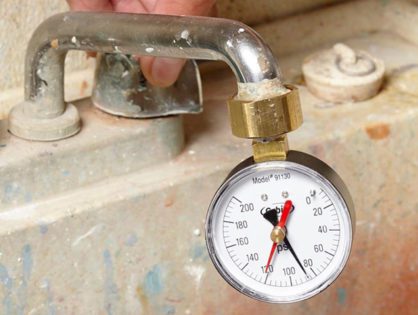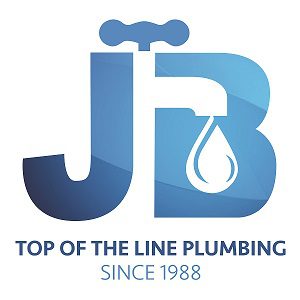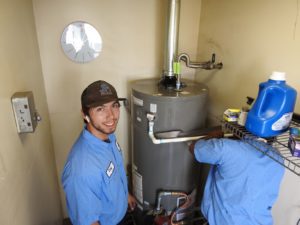Water Pressure Issues
No Pressure!
Do you have water pressure problems? Are you unable to shower while someone else is doing laundry or dishes? Maybe you have rusty water coming out of the faucets. These are all signs of worn-out water piping.Dangers associated with high water pressure problems.

High Water Pressure Problems
High water pressure assumes a gauge reading of 80 psi or higher, compared to the ideal pressure of 50-60 psi. PSI refers to a pound per square inch, a pressure measurement from a push of one pound-force applied to an area of one square inch. Higher pressure in plumbing means more force. Home appliances and fixtures can handle up to 80 psi, after which point they are at risk of failure of bursting pipes. High water pressure makes water pour out of a faucet or showerhead at an exceedingly fast rate.
Low Water Pressure Problems
- You’ve sprung a leak. Low water pressure often results from a leak within the plumbing system. Water pressure follows the path of least resistance. So it will cause water to rush out, which leaves less available pressure for other fixtures and appliances.
- Pipes are corroded. Corrosion in galvanized iron plumbing is common, especially in older homes. The corrosion builds over time until it restricts water flow. This often occurs in valves found under the sink or bath. Plumbers remove these valves and chip away some of the corrosion, but this is a short-term fix. A qualified and honest plumber can determine whether a complete replacement with copper pipes is warranted.
- Your water pressure regulator isn’t working
Regulators adjust very high pressure from the water main to a level that is suitable for residences, usually 40 to 45 psi. These devices are not failsafe and can cause problems that result in low water pressure — including a mistakenly low-pressure setting and blockages due to debris,


